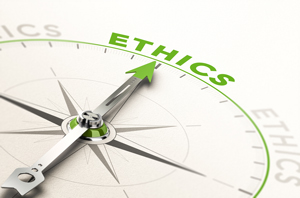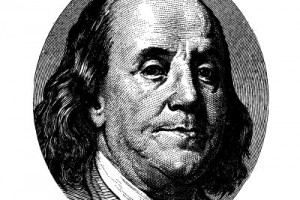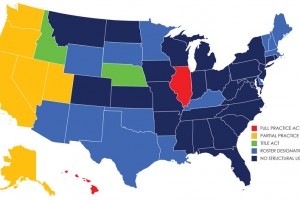Structural engineers make ethical choices every day. Many decisions are engrained in engineering practice and become second nature, such as ensuring the safety of the public through sound design and engaging in honest business practices. In addition, engineers work to ensure equitable and inclusive work environments and uphold professional codes of ethics. We do our best. But is that good enough?
…Review Category : Structural Forum
There seems to be a lot of angst among structural engineers about our profession, a general notion that we do not get the credit that we deserve or the proper amount of respect from the public. It is as if we work in the Rodney Dangerfield of professions, “I don’t get no respect.” However, having recently read Samuel C. Florman’s book, The Existential Pleasures of Engineering, first published in 1976, it is clear that our concerns for our profession are not new. Many of the concerns Florman had 44 years ago continue to this day, such as not attracting enough of the best and brightest students, engineering education being too technical, lack of passion for our work, lack of exposure for engineers in popular culture such as novels or movies, and not getting the same respect as other professions. Since then, other concerns have developed, such as not retaining talent, not adopting new technology quickly enough, and being replaced by technology.
…Having graduated from college into my first job as an engineer a mere 45 years ago, I experienced the things I write about here. Although not easy, I am happy to say that I still love to come in to work and perform engineering. I have worked for four Companies over my career, all good Companies. I started with an ENR Top 10 Engineering firm and have moved to smaller and, for me, more intimate Companies each time I took a new position. I felt that by working for smaller companies, my contributions would have more impact on my clients. Here are a few things that served me well as I began my career and have held up as I advise young engineers on traditional structural engineering career paths. This article was initially prepared and delivered to Dr. Joseph M. Plecnik’s Professional Practices Class (CE481) at California State University, Long Beach, in March 2007 and has been updated for publication here. Dr. Plecnik was the author’s favorite Professor at CSULB.
…







